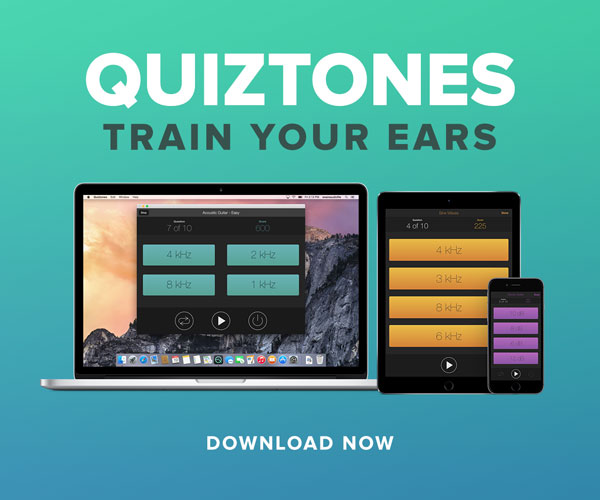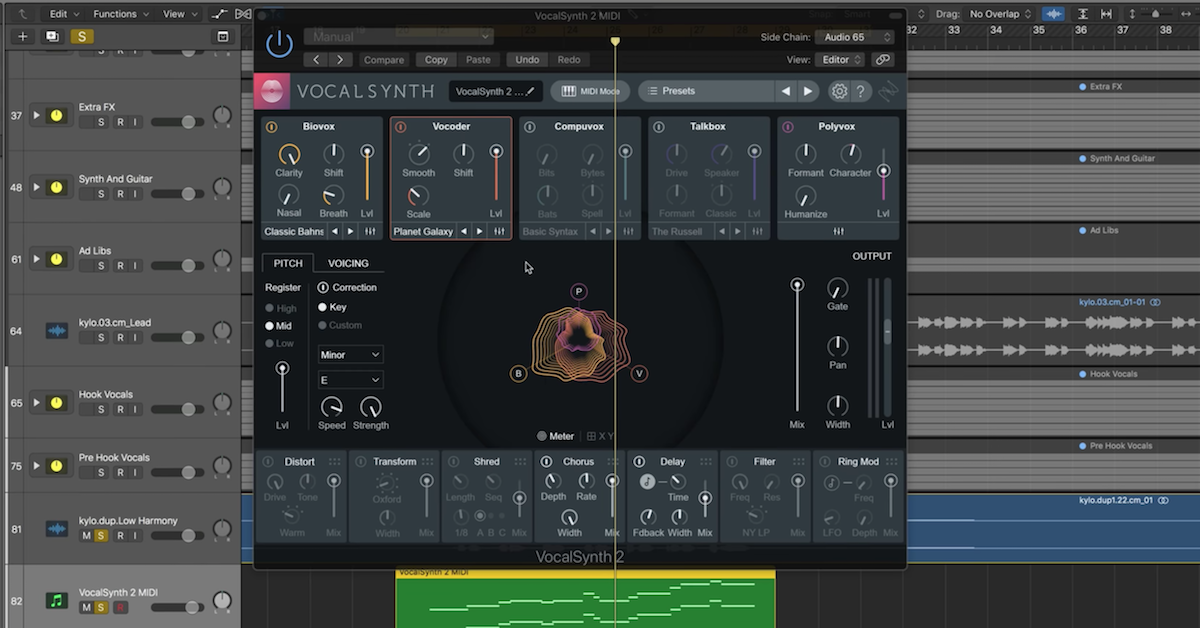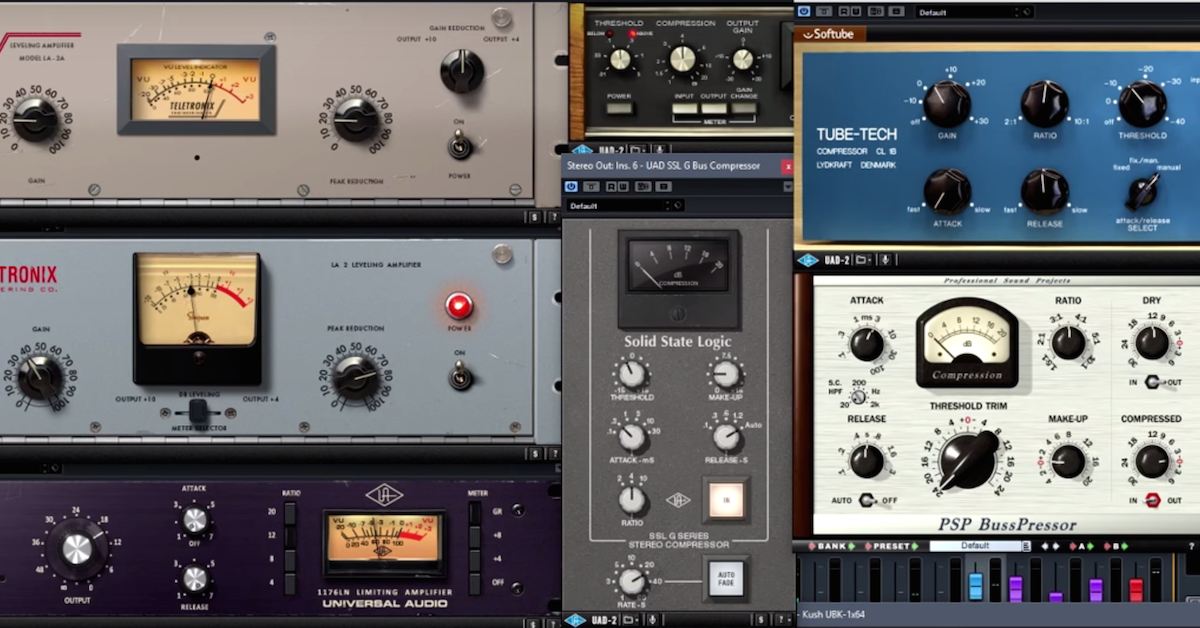Audio Engineers: Are You Underestimating Your Work?
Article Content
As audio engineers, it’s easy to get bored, or even worn out, on the grind of making music. Day in and day out, sitting in front of Pro Tools and working on a computer. Our job sometimes feels like it gets reduced to input and output: take some audio files and create a better audio file.
On occasion, we’ll communicate with a producer or musician, and if we keep them happy, then that’s all that matters. But is that really all that matters? Is it okay to just clock in and clock out? We’ve all got bills to pay, but are you underestimating your work?
I assume anyone who got into audio engineering did so because they found an excitement and passion for music. For those of us wanting to work in music, we should hope the personal significance of music stays with us, as long as possible.
What we should never forget is how music impacts everyone’s lives.
To begin with, sound is the primary method of human interaction. How cool is that? The most widely used, efficient method of communication is through the creation and perception of acoustic vibrations.
But music goes even further than that. Think about all the different things music can do.
1. Music Creates Bonds
Music brings people together and creates connections.
Think about riding in a car with your friends and a favorite song comes on the radio. You turn up the stereo and say, “This is our jam.”
If you have a significant other, then it’s likely you have a song that’s your song. Conversely, if you’ve ever broken up with someone, then there’s probably a song that you can’t stand. It breaks your heart every time you hear it.
2. Music Helps Us Learn
Music helps us internalize things.
Think about this—when children learn the alphabet, they learn with a song. When I had to learn the names of the fifty states and the fifty capitals in school, my teacher used a song. What’s crazy is by teaching a song, the information is easier to learn.
By comparison, when learning a song, you have to learn not only the alphabet, but you also have to learn the melody and the rhythm of the song. Amazingly, by adding musical information, it’s all easier to internalize.
3. Music Connects the Heart and Mind
Music has been used by almost every religion in the history of civilization, even among groups cut off from the rest of humanity. Some might say music has a supernatural way of connecting your head to your heart.
4. Music Affects Emotions
Music impacts our emotions and changes our physiology.
Whether you would admit it or not, chances are music has moved you to tears. Simply put, music can make people start crying—I know, it’s crazy! Music can even change our heart rate and cause stress. It’s used to interrogate prisoners and get them to break down—and it can work.
5. Music Arouses
Music gets people “in the mood.” I don’t think I need to say anything more about that.
6. Music Excites
Many people use music to get pumped up when exercising to maximize their workout.
Take away the music, and performance decreases. Many athletic competitions consider it cheating to listen to music because it is performance enhancing.
7. Music Enriches
Furthermore, music truly improves so many aspects of our lives.
Think about a party with music and a party without music. You’re probably picturing two completely different experiences. It’s amazing that when music is heard, people just start moving their bodies in rhythm. How fascinating is the human response to music?
Think about watching a movie without sound. A horror movie isn’t nearly as horrific without the sound track. Plenty of sitcoms use a recording of a “laugh track” because it makes people think things are funnier.
9. Music Create Memories
Music is essential to the most significant events in our lives. Whatever those events are for you, I would bet there was music.
When people grieve in their saddest moments, there’s music. When people celebrate in their happiest moments, there’s music.
Conclusion
As audio engineers, we have our hand in the music that impacts the lives of others. Some of us might work on a song played for the “first dance” at a wedding.
Some of us might work on a song played in an intimate moment at a funeral. Some of us might work on a song used to turn a good party into a great party. Some of us might work on a song used to psych someone up at the gym. Some of us might even work on music used to try to extract a terror plot from a prisoner.
Do you take this responsibility seriously? The power of music is already there; you just have to harness it. Your work can enrich the lives of everyone—don’t half-ass it!






